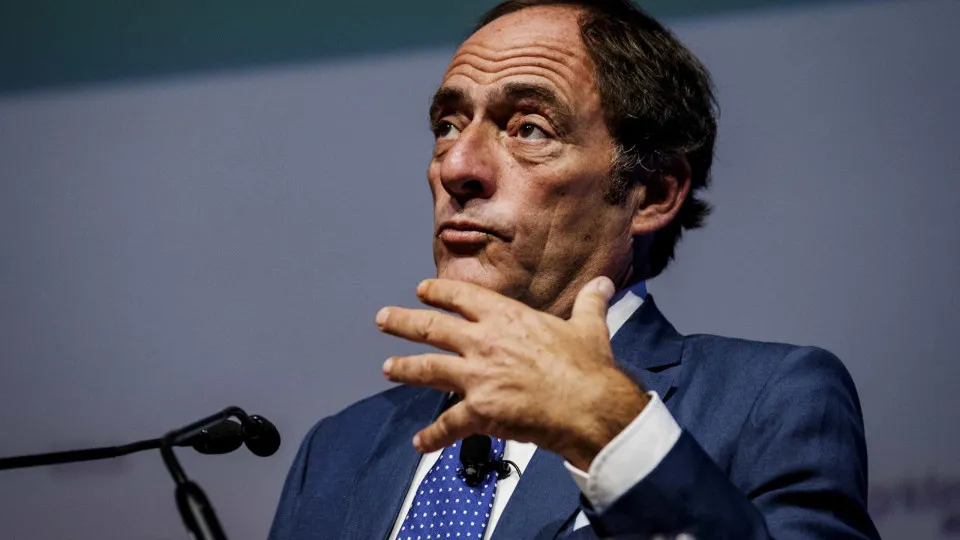
The former CDS-PP leader spoke about the “consequences for Portugal and the European Union of U.S. customs policy and the conflicts in Ukraine and the Middle East” at the opening of a seminar on the State Budget for 2026 (OE2026) organized in Lisbon by the Forum for Competitiveness, AESE Business School, and Deloitte.
For the former Deputy Prime Minister of the Government of Pedro Passos Coelho (PSD/CDS-PP), the only country that successfully negotiated its trade policy with the United States was China. In general, political leaders continue to undertake “an open PhD [on] how to deal with Donald Trump.”
Portas, currently a member of the Board of Directors at construction firm Mota-Engil, noted that despite the “exponential increase” in revenues achieved through tariffs, the deficit of the world’s largest economy is expected to rise in 2025, and it will not be “sufficient even to cover the increase in spending inertia.”
“Tariffs are an undeclared austerity program—or a disguised austerity program. First and foremost, American importers and American consumers bear the cost of American tariffs. Many more indirectly pay, but these two certainly [are directly impacted],” he stated.
“It’s like we’re all called upon to contribute to control something the Americans do not want to control, which is their deficit. The United States, since the financial crisis, has become accustomed to annual deficits between 5% and 8%, consecutively. This year will be no different, despite the ‘shutdown,’ which has limited spending for almost a month,” he highlighted.
Portas recalled that the United States has always swung between more open and more closed trade policies.
“Neither protectionism nor isolationism are new trends in American history. America has always been a pendulum between multilateralism (or even expansionism) and isolationism,” he emphasized, pointing out that the distinctive feature of this moment is the mismatch between geopolitical goals and the economic instruments used to achieve them.
As an example of the misalignment he mentioned, Portas cited the different relationship the Administration maintains with China and India, particularly in tariff treatment.
Portas noted that, for Trump, China is viewed as an economic power, while the same does not apply to India. However, he warned, “time will show the American Administration that it should not be so definitive about the Indian Republic.”
“India is much closer to the West in terms of values and institutions—it will always be, by its DNA, an adversary of China,” he reinforced.
“We are used, regardless of the American Administration, to a certain alignment between geoeconomic instruments and geopolitical goals. Now there is great confusion and, frequently, a contradiction between geopolitical objectives and geoeconomic instruments. Put simply: tariffs do not win friends,” he said.
Portas expressed difficulty understanding “how it’s possible to treat an adversary better in terms of tariffs than an ally.” However, that’s what’s happening, “until a revision is forced by the facts,” he emphasized.




